The views expressed in our content reflect individual perspectives and do not represent the authoritative views of the Baha'i Faith.
Every human being has the right to live; they have a right to rest, and to a certain amount of well-being. As a rich man is able to live in his palace surrounded by luxury and the greatest comfort, so should a poor man be able to have the necessaries of life. Nobody should die of hunger; everybody should have sufficient clothing; one man should not live in excess while another has no possible means of existence.
Let us try with all the strength we have to bring about happier conditions, so that no single soul may be destitute. – Abdu’l-Baha, Paris Talks, pp. 133-134.
This quote from one of Abdu’l-Baha’s talks, delivered in Paris more than a century ago, sets out the basic framework of a major Baha’i principle: a spiritual solution to the economic problems of the world. It starts, interestingly, not with an over-arching, theoretical, macro global solution, but with an individual and very personal approach, saying that “Every human being has the right to live…” and that “no single soul may be destitute.”
In other words, the Baha’i teachings view food, shelter and clothing as fundamental human rights.
Almost half a century after Abdu’l-Baha set forth these rights, most of the world’s nations signed the Universal Declaration of Human Rights (UDHR), which codified the basic right to food, shelter and clothing into recognized international law:
Article 25: Everyone has the right to a standard of living adequate for the health and well-being of himself and of his family, including food, clothing, housing and medical care and necessary social services, and the right to security in the event of unemployment, sickness, disability, widowhood, old age or other lack of livelihood in circumstances beyond his control.
While much of the world now legally and intellectually recognizes these necessities of life as human rights, we lag far behind that recognition in our actions. Poverty and hunger still run rampant; starvation stalks millions daily; and a huge percentage of the world’s people have inadequate or no housing. The United Nations estimates that today, 1.6 billion people live in inadequate shelter around the world; 1 billion of those live in informal settlements; and more than 100 million people worldwide are homeless. In the United States, the richest country on Earth, estimates of homelessness range from 1.6 million to 3 million people. Most studies conclude that about one-third of the homeless in the U.S. are children.
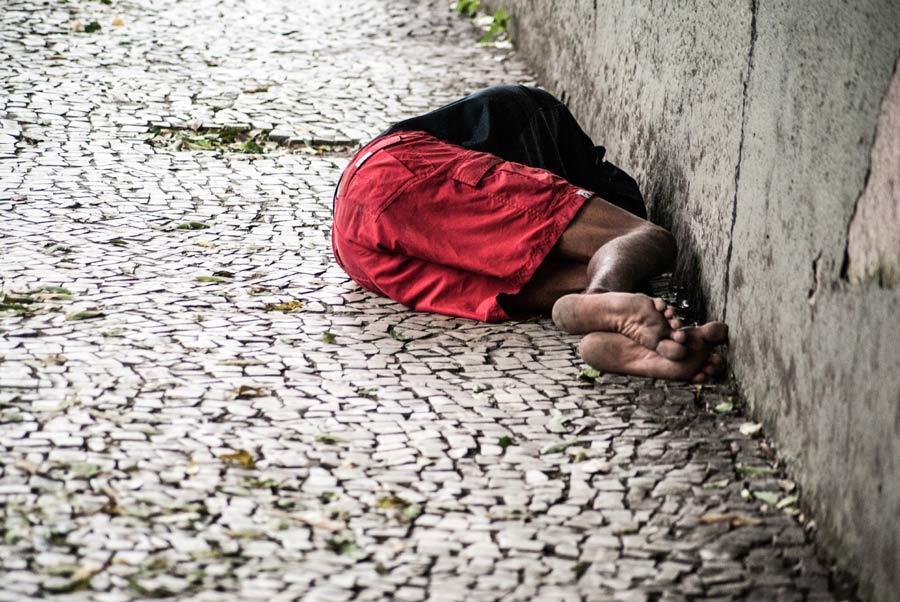
Try, if you can, to imagine your life without a home. Exposed to the elements, both natural and criminal, you might not survive. Your life would become tenuous, always at risk. Your health would suffer tremendously. Your possessions, your comfort, your ability to rest would disappear. Your life expectancy would dwindle fast. Your ability to stay employed or to get a job would diminish severely.
When you work with homeless people, you see all of those things happen. I certainly did. When people lose their homes and have to live the hard street-level existence of homelessness, their lives tend to deteriorate quickly. After twenty-five years of that work, I reached a simple and inescapable conclusion: the only real cure for homelessness is a home. Housing first—sounds obvious, doesn’t it?
It’s not. Most homelessness programs tend to address the most immediate and pressing needs: food, clothing, medical and substance abuse treatment. That’s because housing is hard, perhaps the hardest of all problems to solve. Land use, gentrification, affordable housing and burgeoning urban slums all challenge our economic systems, our legal systems and our moral systems. Policy makers have found that the extreme shortage of affordable housing has become a complex global crisis in developed and developing nations alike. Despite those challenges, the Baha’i teachings say, we must find ways to shelter every human being.
Poverty and housing experts agree that decent, adequate shelter helps break the cycle of poverty; contributes to physical, mental and spiritual well-being and longer life; builds thriving schools, neighborhoods, communities and civil societies; and makes entire cultures safer, wealthier and healthier. Having a decent place to live changes a person’s life entirely, giving them not only shelter but a sense of safety, sanity and self-respect. It also reduces the considerable costs of homelessness to society, including the expenses of health care, chronic illness and hospitalizations; emergency shelters and feeding programs; social welfare; policing, crime and incarceration; etc., etc. Most studies show that continuing homelessness drives up government and private sector expenditures much, much more than simply giving poor people a permanent place to live. Research from the U.S. National Alliance to End Homelessness indicates that permanently housing homeless people actually reduces taxpayer’s costs.
Those statistics touch on one of the ultimate major goals of the Baha’i teachings—to completely alleviate poverty and homelessness:
One of the most important principles of the Teaching of Baha’u’llah is: The right of every human being to the daily bread whereby they exist, or the equalization of the means of livelihood.
The arrangements of the circumstances of the people must be such that poverty shall disappear, that everyone, as far as possible, according to his rank and position, shall share in comfort and well-being.
We see amongst us men who are overburdened with riches on the one hand, and on the other those unfortunate ones who starve with nothing; those who possess several stately palaces, and those who have nowhere to lay their head. Some we find with numerous courses of costly and dainty food; whilst others can scarce find sufficient crusts to keep them alive. Whilst some are clothed in velvets, furs and fine linen, others have insufficient, poor and thin garments with which to protect them from the cold.
This condition of affairs is wrong, and must be remedied. Now the remedy must be carefully undertaken. – Abdu’l-Baha, Paris Talks, pp. 151-152.
In the next few essays in this series, let’s take a realistic look at how we can identify and implement that remedy.
Next: What I Learned Making a Documentary about Homeless People


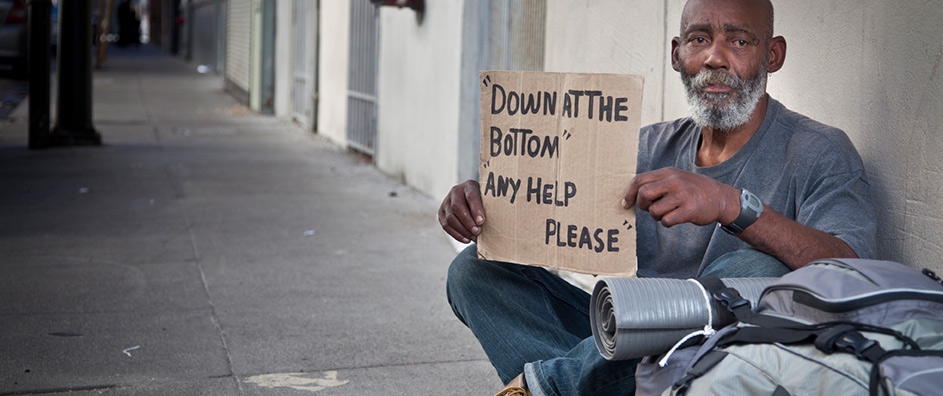

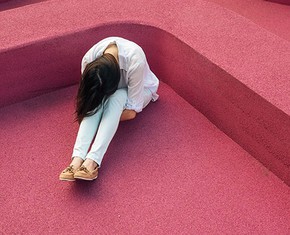
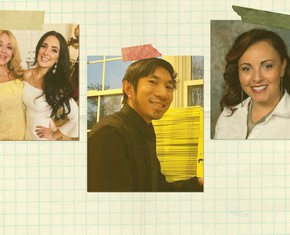
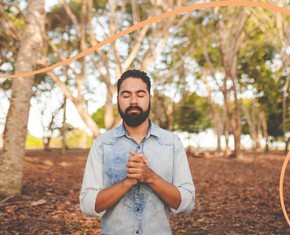









Comments
Sign in or create an account
Continue with Googleor